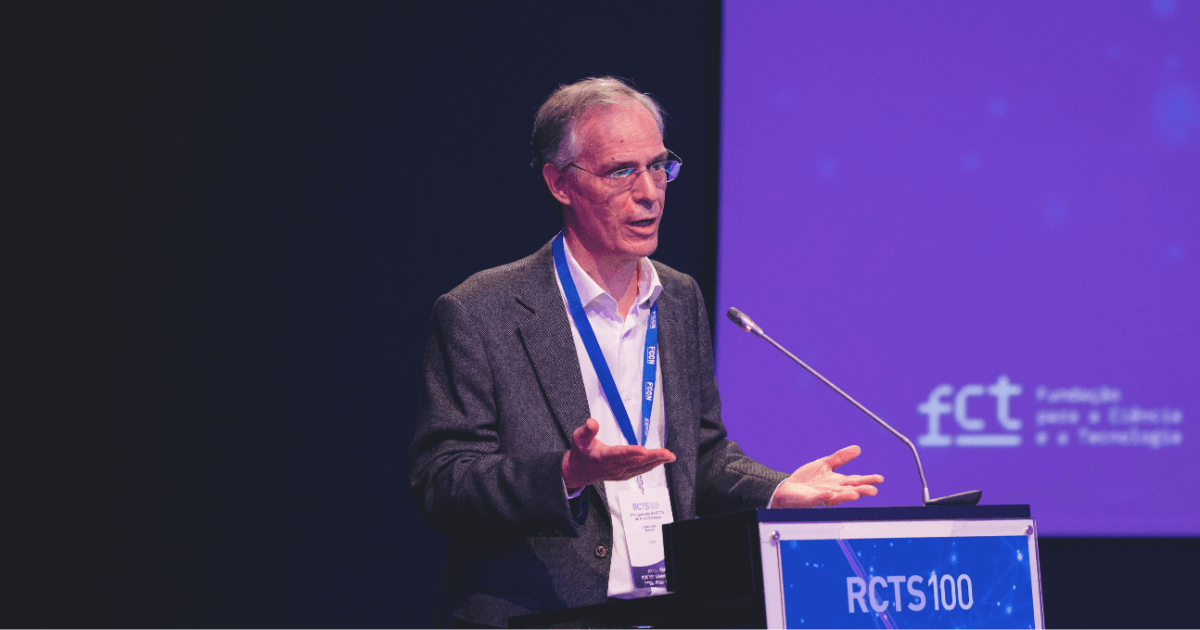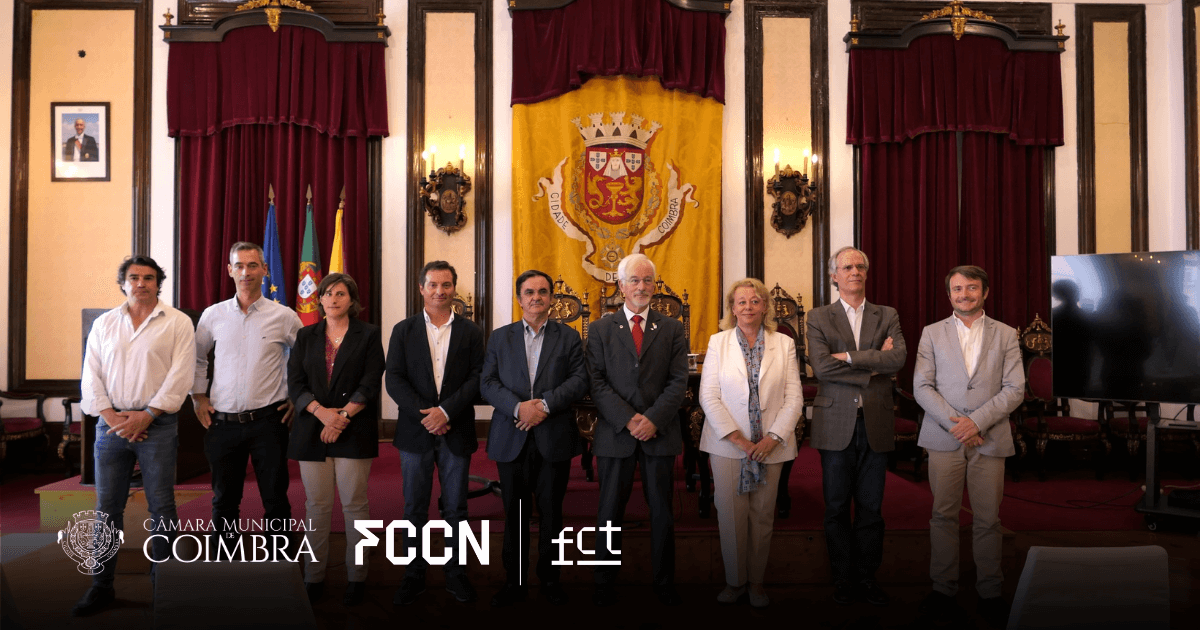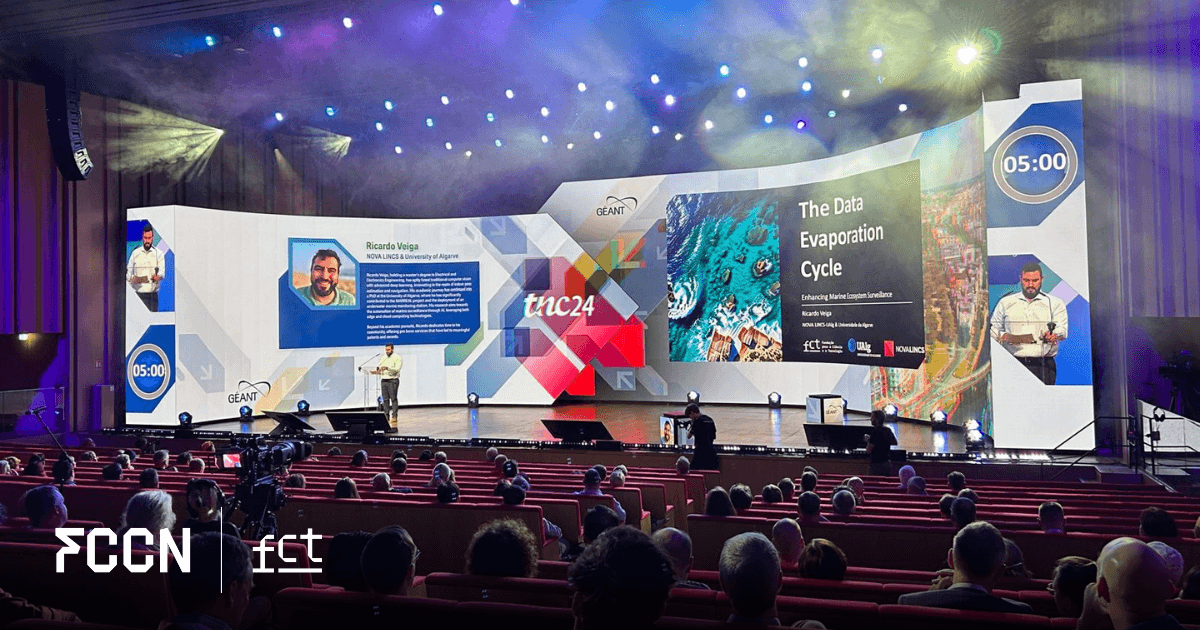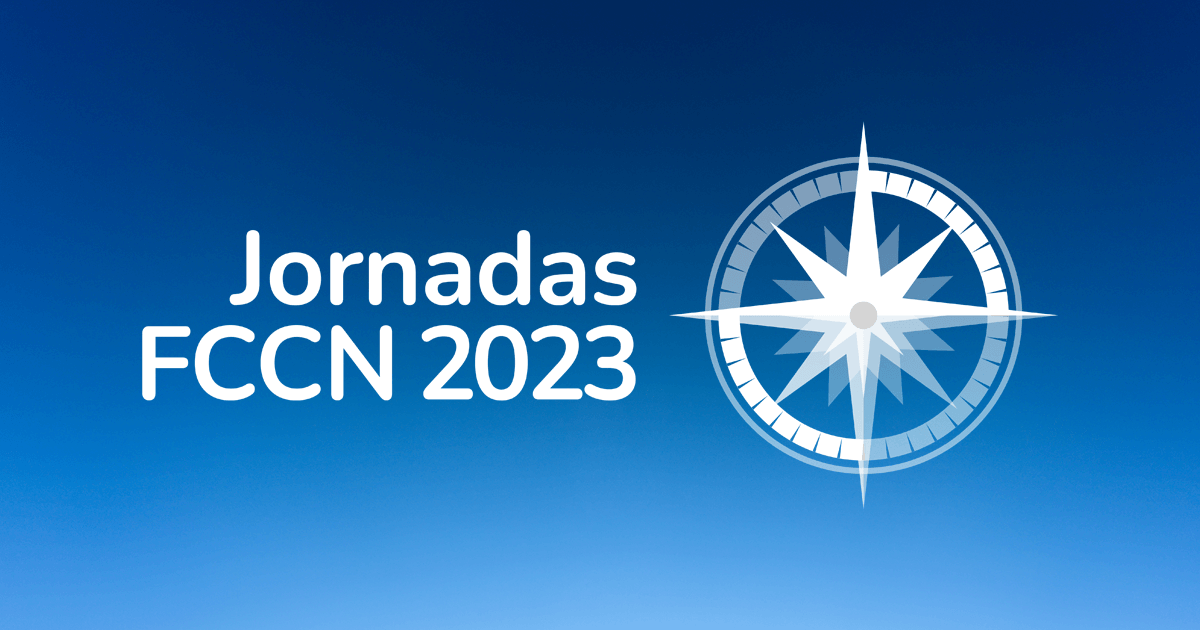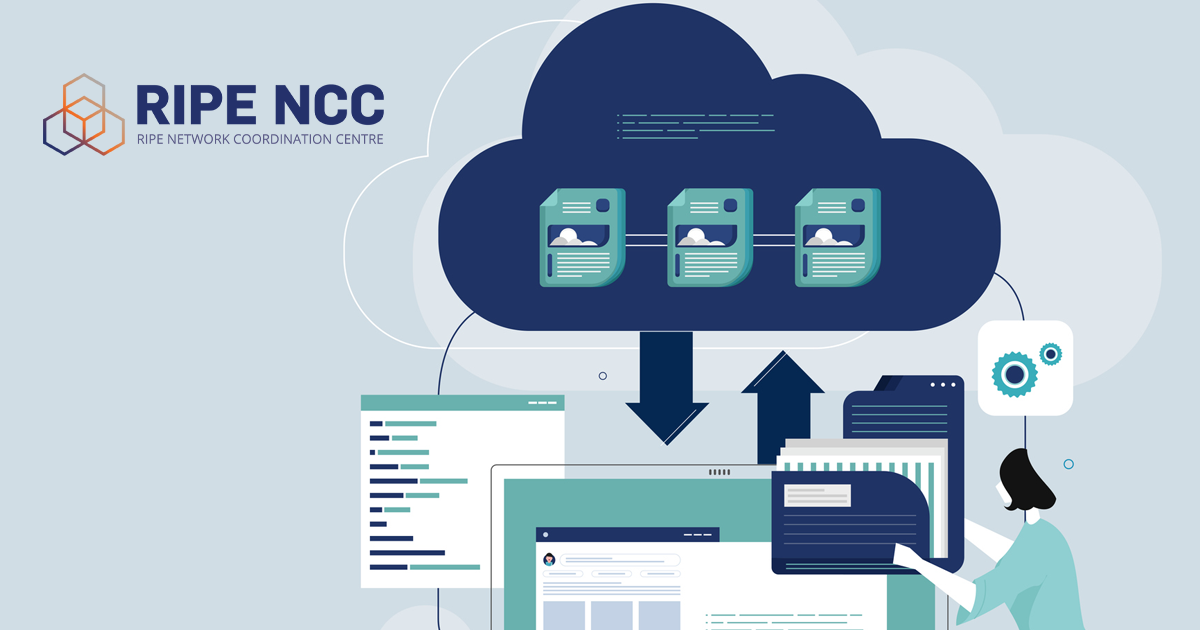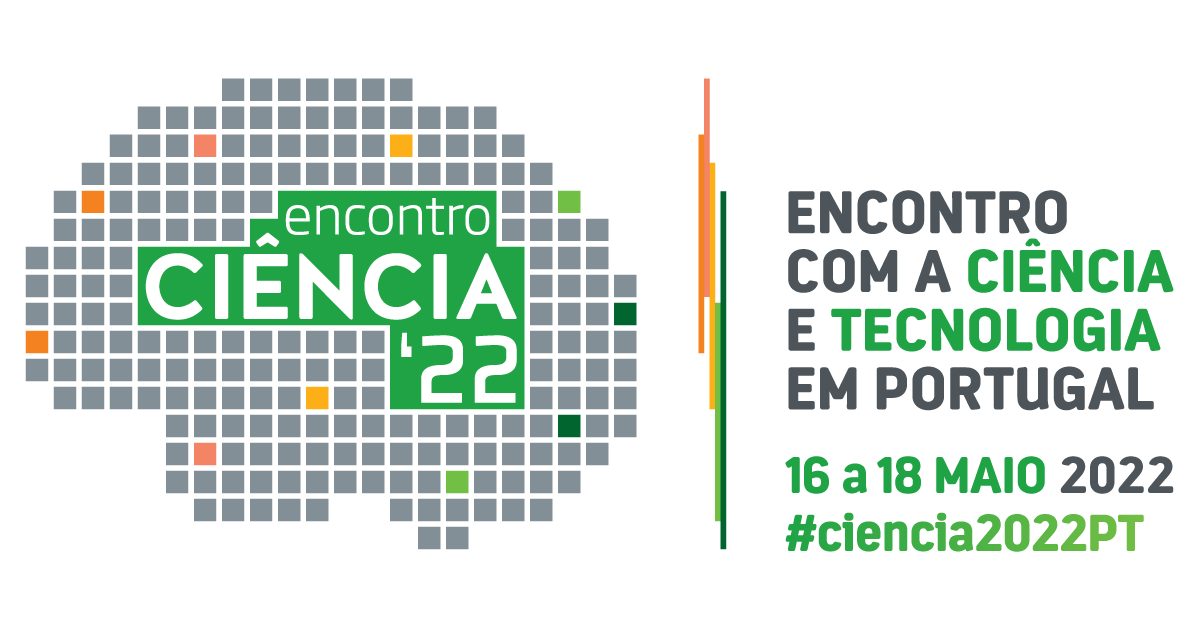As of April 1, the Science, Technology and Society Network (RCTS) began ensuring the connection of the Extended Education Network (RAE) to the internet at 40Gbps.
RCTS – the national research and education network, offering researchers, professors, and higher education students a high-performance digital infrastructure and supporting their projects at national and international levels. The RAE's interconnection with RCTS enabled economies of scale and improved service.
This capacity update makes available another step in the evolution of the Extended Education Network (RAE) – structure created in 2008 that guarantees communications and information services to organizations, groups and non-grouped schools in mainland Portugal.
RAE is a network with national coverage that connects a total of approximately 4,435 schools and groups. Between students and teachers, the number of users (students, teachers and administrators) is over 1 million. Among the services it provides, we highlight the Internet connections of all public school establishments (from the 1st cycle of Basic Education to Secondary Education), as well as all regional and central bodies of the Ministry of Education and Science.
On its website, the Directorate-General for Education and Science Statistics (DGEEC) highlights the role of the Science, Technology and Society Network (RCTS), managed by the National Scientific Computing Unit of the Foundation for Science and Technology (FCT), in “effective improvement in interconnection services and Internet access”This evolution is reflected in optimizations such as the newly announced bandwidth increase. You can access a detailed and updated map of the RAE, on the DGEEC website.
RAE supports platforms such as “Schools Portal”, “Info Escolas”, “Infocursos”, “Qualifications Portal”, or “SciELO”. Furthermore, through this network, the DGEEC implements a set of data collection systems "used for the production of official statistical information in the areas of education, science and technology, and the information society," within the framework of the National Statistical System and in accordance with the Code of Conduct for European Statistics.



